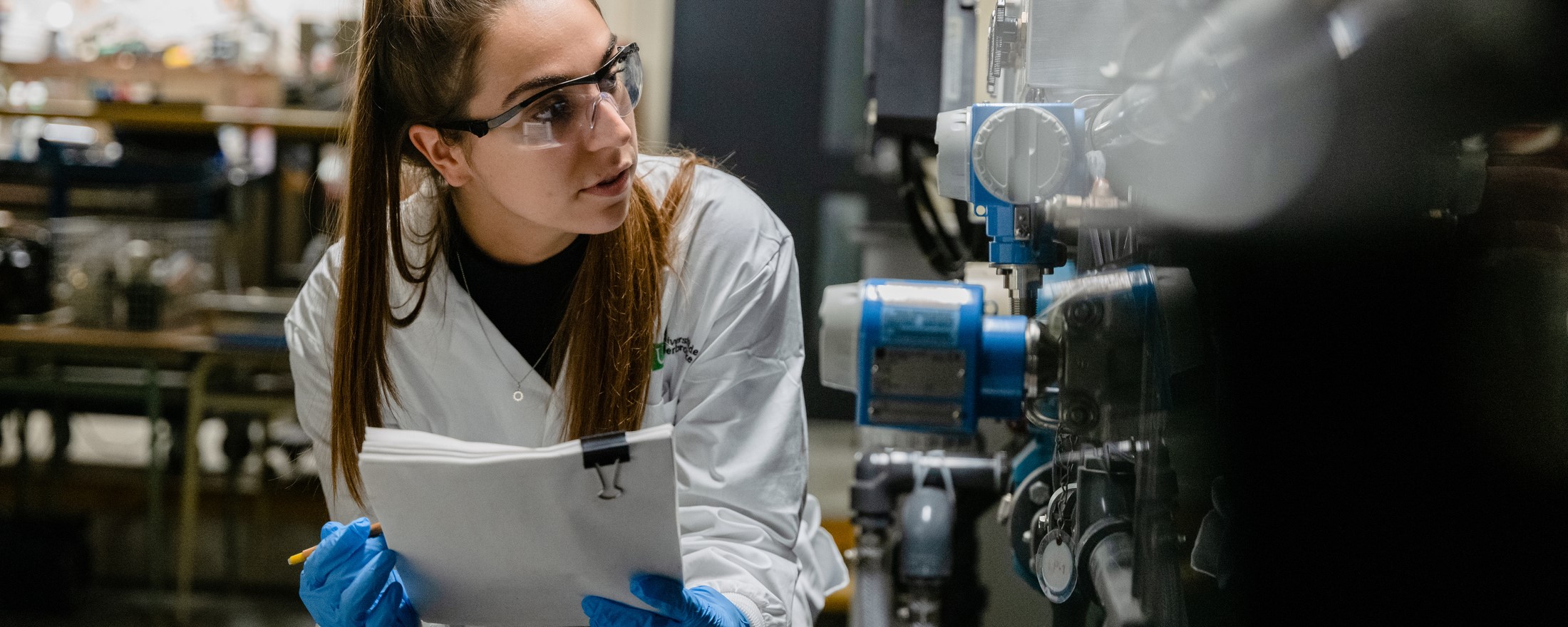Human Intention Understanding during Human-Human and Human-Collaborative Robot Tasks
Overview
- RESEARCH DIRECTION
- Wael Suleiman, Professeur - Department of Electrical and Computer Engineering
- ADMINISTRATIVE UNIT(S)
-
Faculté de génie
Département de génie électrique et de génie informatique
Département de génie mécanique
Institut interdisciplinaire d'innovation technologique (3IT)
- LEVEL(S)
- 3e cycle
- LOCATION(S)
-
3IT - Institut interdisciplinaire d'innovation technologique
Campus de Sherbrooke
Project Description
We are seeking a motivated Ph.D. candidate for a position in the field of biological signals processing applied to robotics. This interdisciplinary research opportunity involves integrating robotics, signal processing, neuroscience, and biomechanics to advance our understanding of human intention during cooperative tasks. Research Description: The project aims to investigate and interpret human intentions in cooperative tasks involving humans and robots. It will involve conducting natural human-human cooperative tasks and experiments with human-robot collaborations. The goal is to establish a taxonomy of cooperative tasks performed by humans and robots, identifying similarities and differences. Data from motion capture technology, EEG, and EMG will be combined, analyzed, and observed to derive insights. The project's second contribution involves developing a model of human intention understanding. It is hypothesized that the human nervous system comprehends others' intentions through motor simulation, where observed actions are mapped to the observer's own motor representations. The study will explore the relationship between EEG oscillatory activity in the mu rhythm, mirror neuron function, and action understanding. Machine learning techniques, including classifiers, deep learning, and generative adversarial networks, will be used to process the large volume of neurophysiological and biological data. Qualifications: Candidates should have a strong background in electrical engineering, computer engineering, computer science, psychology, kinesiology, neuroscience, or a related field. A Master's degree in robotics, signal processing, or a relevant discipline is essential. Proficiency in signal processing of neurophysiological signals (e.g., EEG, EMG) and programming skills for implementing machine learning algorithms are recommended. Responsibilities: The Ph.D. candidate will be involved in conducting a comprehensive literature review, setting up and conducting experiments, processing and analyzing collected data, and investigating motor control mechanisms involved in task synchronization and execution. The candidate will also develop a model of human intention understanding using deep learning algorithms. Application: Interested applicants should submit a cover letter, curriculum vitae (CV), academic transcripts, and contact information for two references to Prof. Wael Suleiman . This project is in collaboration with Prof. Pierre-Michel Bernier and Prof. Alain Delisle from Faculty of Physical Activity Sciences (Faculté des sciences de l'activité physique). The selected candidate will join the Neuroscience centre of excellence at the Université de Sherbrooke in Quebec, Canada. The university offers access to state-of-the-art neuroscience equipment and provides a vibrant and interdisciplinary research environment. With over 31,000 students, the Université de Sherbrooke is known for its practical learning methods, innovative research, and excellent quality of life in the scenic Quebec region. This project can accommodate one or more students in the following program: Doctoral thesis
Discipline(s) by sector
Sciences naturelles et génie
Génie électrique et génie électronique, Génie mécanique
Funding offered
To be discussed
The last update was on 12 March 2024. The University reserves the right to modify its projects without notice.
